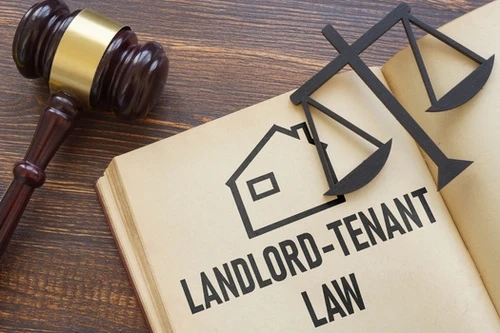Being a landlord comes with its fair share of responsibilities and risks. While most tenants are cooperative and easy to work with, others can present challenges that are hard to anticipate. Whether it’s an issue of non-payment, property damage, or overcrowding, it’s important to always be prepared. In Nevada, like most other states, landlord-tenant law is complex, and landlords must understand their rights and obligations to protect themselves from legal issues that could arise from tenant disputes. In this post, we’ll walk you through some of the essential steps you can take to safeguard your property rights while keeping your tenants happy.
Protecting Landlords: How to Avoid Legal Issues with Tenants
Know the Nevada Landlord-Tenant Laws:The first and most important step that landlords should take to protect themselves is to know and understand Nevada landlord-tenant laws. A thorough understanding of these laws will help you navigate any conflicts that may arise with your tenants. Some key points that you should be aware of include the tenant's rights to privacy, the laws around evictions, and late rent payments. You should also be familiar with any restrictions on lease terms and security deposits. These can vary from state to state and can change over time, so it's important to stay up to date.Create and Sign a Lease Agreement:
A lease agreement is a formal document that outlines the terms of the lease. It's the foundation of the landlord-tenant relationship, and it can help protect both parties in case of disputes. The agreement should be clear, simple, and easy to read. It should cover all important details, including the rent amount, the security deposit amount, the length of the lease, and the responsibility of each party. Make sure you and your tenant read and understand the agreement before signing. A signed lease agreement can serve as a binding legal document in court, should any problems arise.Screen Potential Tenants:
Screening potential tenants is crucial, as it can help you avoid renting to problematic tenants. Conducting a background check and checking your rental history can reveal relevant information about your potential tenants. A background check will reveal any criminal record or credit history, while the rental history can show how the tenant behaved with previous landlords. By screening your potential tenants, you can avoid renting to those who are likely to cause legal issues.Maintain Accurate Records:
Keeping accurate records is important for landlords to protect themselves from legal issues that may come up in the future. Records should include payment receipts, lease agreements, and any repairs or maintenance that are done on the property. These documents should be well-organized and easily accessible, as they can serve as evidence in court.Hire a Property Management Company:
If you're busy with other responsibilities or would rather not deal with the complexity of managing a property, you can consider hiring a property management company. Property management companies can handle everything from screening potential tenants to collecting rent payments. They can also handle the legal paperwork and represent you in court if needed. The professionals at a property management company can help ensure you stay legally compliant at all times.
Conclusion:
Being a landlord can be complex, and dealing with legal issues caused by tenants is one of the biggest challenges. Understanding the Nevada Landlord Tenant Laws and taking precautions such as creating a lease agreement, screening potential tenants, maintaining accurate records, and hiring a property management company can help protect you from legal problems down the road. As always, it's important to keep yourself informed of the new laws and regulations that pertain to your area to stay on top of any legal issues that may arise. By following these steps, you can ensure a smooth and hassle-free experience as a landlord.


